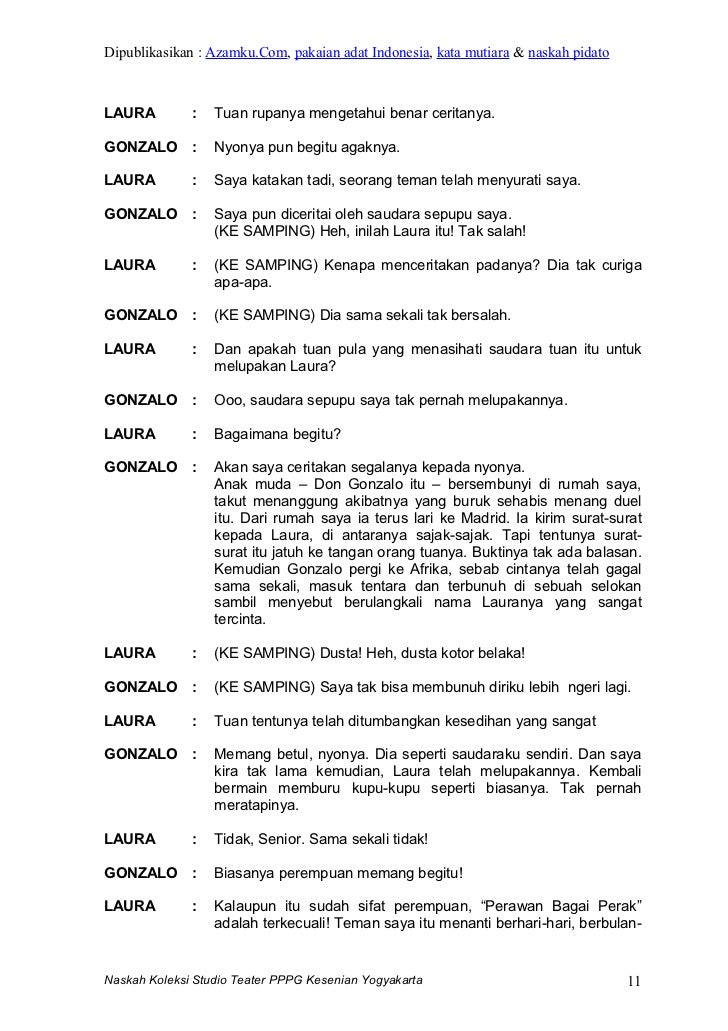

Putu Shanty’s writings, especially in their concern with discourses of ‘feudalism’, illustrate a significant epistemological shift in Bali since the 1960s. Such progressive vision of the ‘modern’ runs counter to Bali’s cultural tourism or touristic culture (Picard 1996). Shanty’s vision of social justice is one that was lost when he died in 1965, as one of the 500,000-to-one-million killed in the anti-communist purges that began that year. Shanty’s writings show a basic tension amongst Balinese intellectuals between preserving distinctly Balinese aspects of their religion and modernizing-reforming-in order to create a more egalitarian society. This was an agenda which coincided with that of the previous generation of Balinese cultural activists. Shanty took on LEKRA’s agenda of radical change. Shanty was a member of the Lembaga Kebudajaan Rakjat ( LEKRA, the People’s Culture Institute), known for its links to the Partai Komunis Indonesia ( PKI, the Communist Party of Indonesia), in which Pramoedya was a prominent figure. That participation provides an important way to re-conceptualize Balinese history in terms of how literary works provide insights into perceptions of society. The literary writings of Balinese writer Putu Shanty (1924, Jombang–1965, Singaraja) illustrate the importance of such discourses of class, especially the local factors that shaped participation in national discourse. Understanding the local politics around this major discursive break helps us understand the effectiveness of the underlying national politics which saw the wiping out of the Left in the anti-communist killings of 1965. By the early-twenty-first century, such a conceptualization has become impossible. Everyone was talking about class, especially in terms of ‘feudalism’.

The period in which Pramoedya’s discursive horizons were formed, the 1940s to the middle of the 1960s, was one in which complex class relations could be conceptualized. The film included a simplified version of the original’s anti-colonialism, but in a melodramatic style that ignored the book’s complex analysis of class relations (compare with Fitriyani 2019). Readers of Pramoedya Ananta Toer’s novel, from which the screen adaptation is derived, were expecting to see his leftist politics projected onto the screen.

The August 2019 premiere of the long-awaited feature film Bumi manusia ( This earth of mankind) did not produce the shock that was expected. Keywords: Bali discourse literature realism LEKRA


 0 kommentar(er)
0 kommentar(er)
